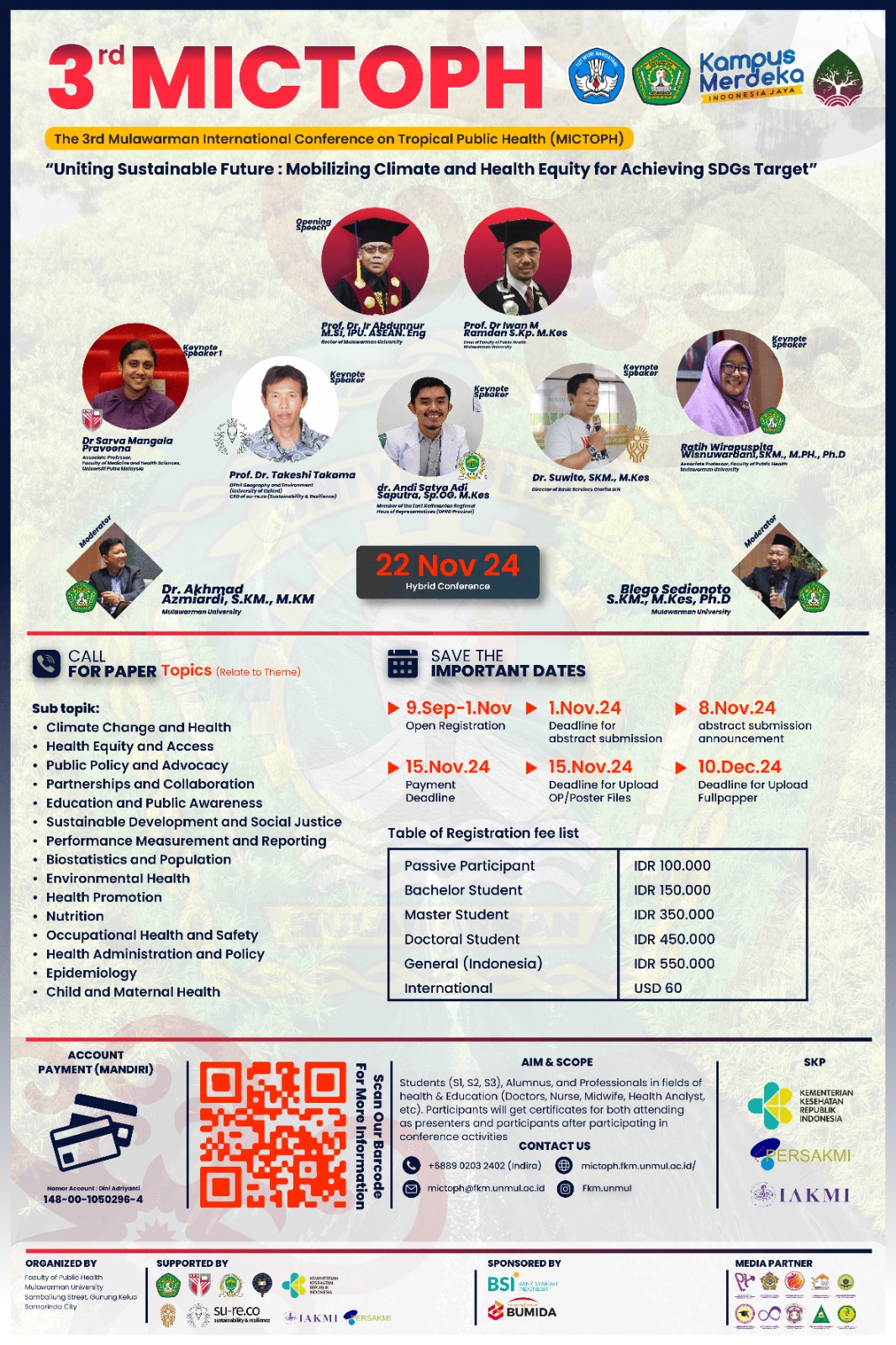REPRODUCTIVE HEALTH AND POSITIVE MENTAL HEALTH IN FEMALE ADOLESCENT : A BIBLIOMETRIC PERSPECTIVE ON LITERATURE TRENDS
Keywords:
bibliometric analysis, mental possitivity, health reproduction, female adolescentAbstract
Background : Reproductive health and positive mental health are crucial components of adolescent girls' overall well-being, deeply intertwined and influenced by social, economic, and environmental factors. Adolescent girls face unique challenges in managing both reproductive and mental health, impacted by societal pressures, limited access to health education, and disparities in healthcare. There is a growing recognition of the importance of studying these interconnected areas to support adolescent girls' overall well-being and development. Objective : The objective of this study is to analyze and map the trends, themes, and patterns in literature related to reproductive health and positive mental health among female adolescents, using bibliometric methods to identify key areas of focus, research gaps, and influential studies published between 2020 and 2024 Research Method :This bibliometric analysis followed a simplified PRISMA approach involving identification, screening, and inclusion stages. Using Publish or Perish, a search on reproductive health and positive mental health in adolescent girls (2020-2024) initially identified 1,015 articles. After abstract and title screening, 856 articles were included. Data analysis with VOSviewer allowed for the visualization of bibliometric networks, highlighting key themes, citation patterns, and coauthorship relationships in the literature.rch Methods/ Implementation Methods : Results : The analysis revealed that reproductive health education, resilience, and mental well-being are central themes in research on female adolescents, with stress, self-esteem, and social relationships significantly influencing health behaviors. The COVID-19 pandemic exacerbated challenges in accessing services, while telehealth and digital solutions emerged as promising interventions. Persistent inequalities in access, driven by socioeconomic and geographic factors, were also identified. Conclusion/Lesson Learned : This study emphasizes the importance of integrated approaches to reproductive and mental health, providing a basis for future research and policy development to support adolescent girls' well-being.





